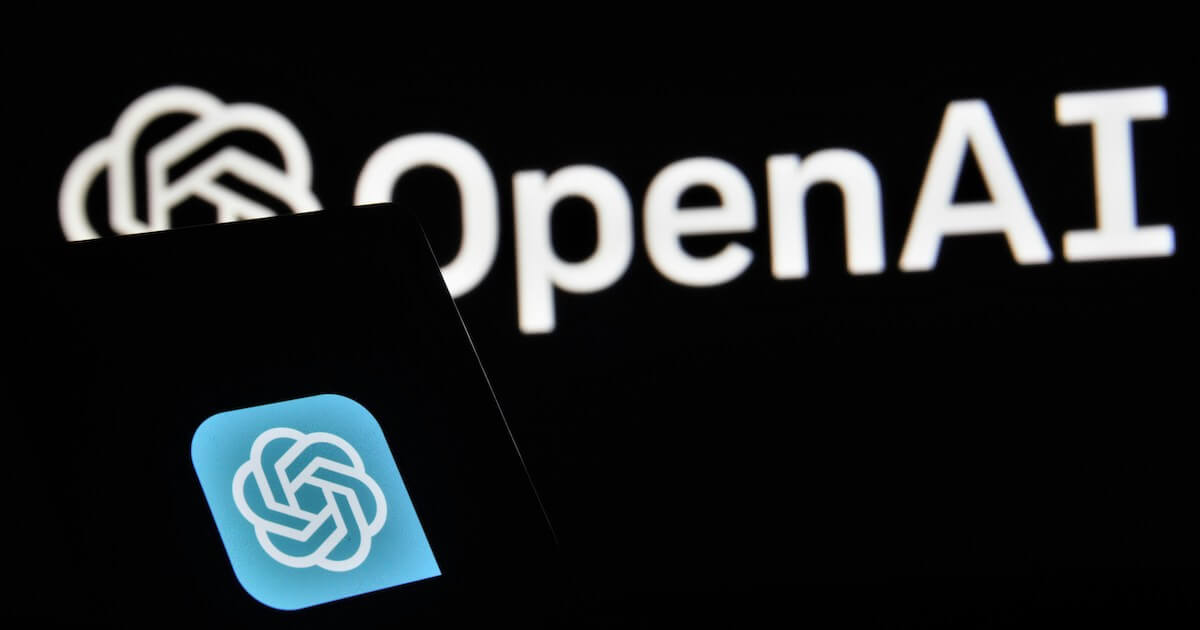Using AI for HR in Canada: Embracing Change and Navigating Challenges
As we advance into 2024, Canadian businesses are expected to increasingly adopt AI for HR processes and to streamline their operations. This shift is part of a global trend that leverages technology for enhanced efficiency and decision-making in human resources. While the benefits of utilizing Artificial Intelligence are significant, there are also inherent risks and limitations that need to be addressed.
How Many Canadian HR Departments Are Already Using AI for HR?
While the utilization of AI is expected to grow rapidly, it still seems to be in the early adoption stage. For example, according to 2024 HR predictions published by IT World Canada, “nearly half of HR organizations” [are expected] to “build a business case” on the implementation of new technologies, including AI for HR. However, in contrast, according to survey results posted by the Human Resources Professionals Association (HRPA) and reported in this April 2023 article by Canadian HR Reporter, very few Canadian HR departments already use AI, with 67% of respondents denying any immediate plans to implement it. That said, if past technology trends have taught us anything, it’s how quickly new technologies can evolve and become part of an industry’s standards.
Utilization of AI in HR
Recruitment and onboarding
One of the primary ways businesses utilize AI for HR is to streamline their recruitment processes. AI algorithms can sift through thousands of applications to identify the most suitable candidates based on skills, experience, and even potential cultural fit. This not only speeds up the hiring process but also helps reduce biases, ensuring a more diverse and inclusive workplace. In 2024, we are seeing advanced AI systems conducting initial interviews, analyzing responses, and even assessing candidate sentiments. Furthermore, AI-driven onboarding programs are customized to individual needs, facilitating a smoother integration of new hires into the company. These systems can provide personalized training schedules, recommend internal networks for collaboration, and predict future training needs.
Employee engagement and retention
AI tools are also being employed to gauge employee satisfaction and engagement. By analyzing communication patterns, feedback, and other engagement metrics, AI systems can identify signs of employee disengagement or burnout. This enables HR departments to proactively address issues before they escalate, potentially improving retention rates.
Risks and Limitations
Despite these advancements, integrating AI into HR processes is not without its challenges. From an HR and employment law perspective, what’s especially concerning is how the same survey conducted by HRPA revealed that only 0.5% of respondents using AI for HR reported having a formal policy surrounding their employees’ use and departments’ use of Generative AI, including ChatGPT.
Data privacy and security
One of the most significant concerns is data privacy and security. AI systems require vast amounts of data to function effectively, often including sensitive employee information. Ensuring the security of this data and using it in compliance with privacy laws like Canada’s PIPEDA is crucial. There is always a risk of data breaches or misuse of personal data, which can have severe legal and reputational consequences.
Dependence on technology and loss of human touch
Another risk of using AI for HR is developing an over-reliance on technology. While AI can handle many tasks, it cannot replace the human element crucial in HR. Decisions purely driven by AI algorithms might overlook the nuanced, empathetic aspects of human resource management. For instance, a human approach is often more effective in handling employee grievances or conflicts than a technology-based one.
Biases in AI algorithms
Furthermore, AI is only as unbiased as the data it is trained on. If historical data reflects biases, using AI for HR can perpetuate or even amplify these biases. This is particularly problematic in recruitment and performance assessments, where such biases can lead to unfair or discriminatory practices.
In Closing
As Canadian HR departments continue to adopt AI, striking a balance between technological efficiency and human insight becomes essential. While AI can significantly enhance HR operations by automating mundane tasks, providing insightful data analysis, and improving decision-making, it is crucial to remain vigilant about its risks and limitations. Ensuring ethical AI use, safeguarding data privacy, and maintaining the human aspect of HR are keys to harnessing the full potential of AI in human resources.
Spraggs Law Can Help
If you’re a business owner or employee in British Columbia and have questions about AI for HR, including crafting your HR and company policies, our Human Resources Consultant and Employment Law Experts can help. Contact us today at (604) 359-1627 or reach out to us online.
Please note: This article does not contain legal advice. If you would like advice on your specific situation, please contact Spraggs Law.
